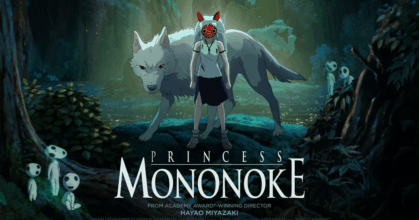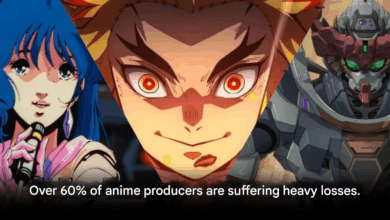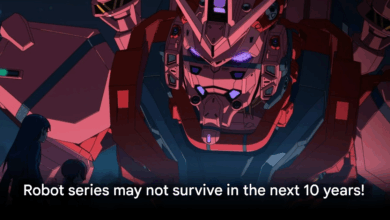Jump Clarifies Statement on Demon Slayer’s Popularity
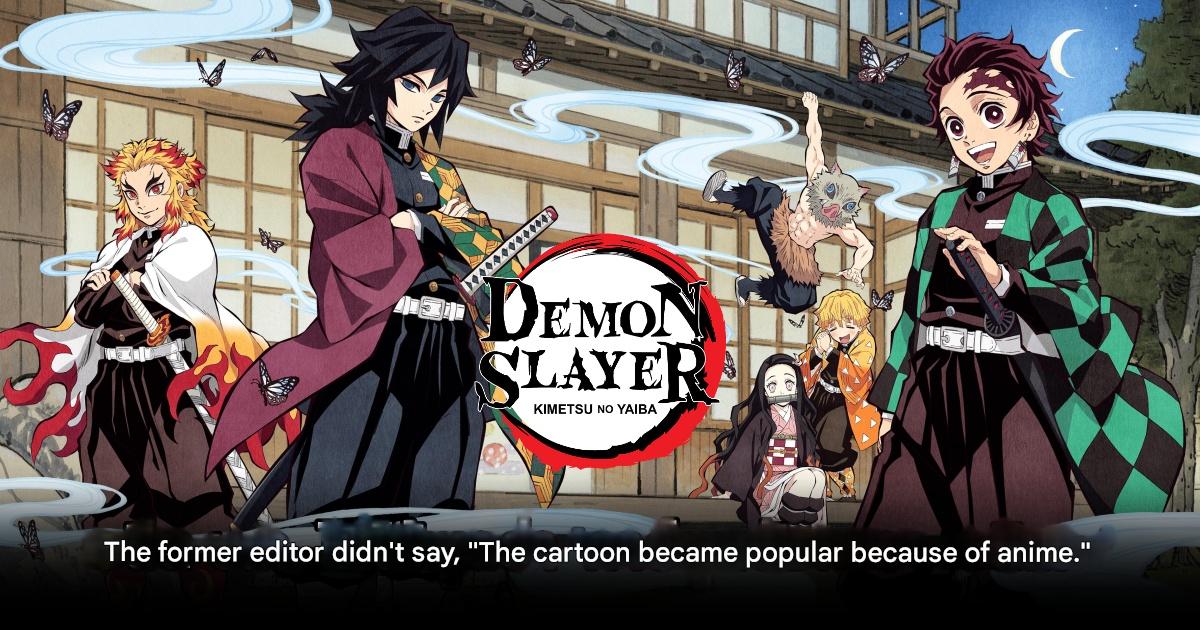
Image: A clip from the original interview article that accompanies the story—adding visual context to the insights discussed above.
Clearing Up Misunderstandings
In a recent interview, a former editor at Weekly Jump, Kazuhiko, addressed common misconceptions about Demon Slayer’s meteoric rise. While some fans speculated that Demon Slayer was popular solely because of its anime adaptation, Kazuhiko emphasized a more nuanced perspective. He compared the manga to a raw coffee bean and the anime to the roasting and brewing process—turning something delicious into something exquisite.
He clarified that Demon Slayer is, on its own, inherently excellent, but the anime adaptation refined its flavor and added a smooth, compelling layer—not transforming a weak manga into a hit.
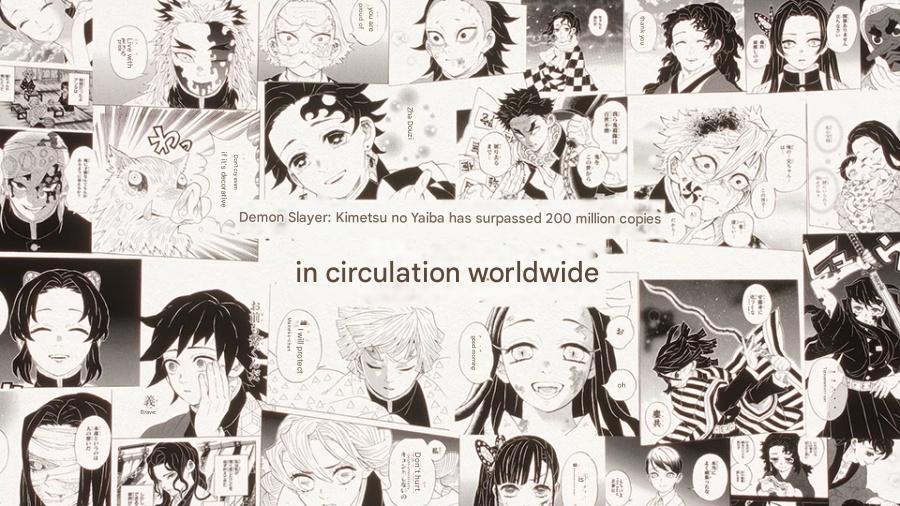
Praise with Constructive Insight
Kazuhiko acknowledged the manga’s strengths—“I truly admire the artist’s abilities,” he said—but he also noted that even excellent works have room for improvement. He urged aspiring manga artists to hone foundational skills, especially in visual storytelling and action composition. Drawing inspiration from techniques used by legendary mangaka like Toriyama (Dragon Ball), he encouraged creators to master character positioning, spatial awareness, and dynamic pacing.
What Fans Needed to Hear
This correction was timely and meaningful—it straightened a narrative that may have left fans feeling defensive about the manga’s merit. Rather than saying, “Demon Slayer was weak but became popular thanks to the anime,” Kazuhiko emphasized, “Demon Slayer was always strong, and the anime helped it become even better.”
Final Thought
It’s refreshing when creators and editors acknowledge both the strengths and growth areas in beloved works like Demon Slayer. This balanced perspective—celebrating the manga’s core excellence while recognizing the anime’s role in elevating it—not only honors the creative process but also guides budding artists toward mastery. At its best, criticism isn’t about tearing down—it’s about refining what’s already great.

